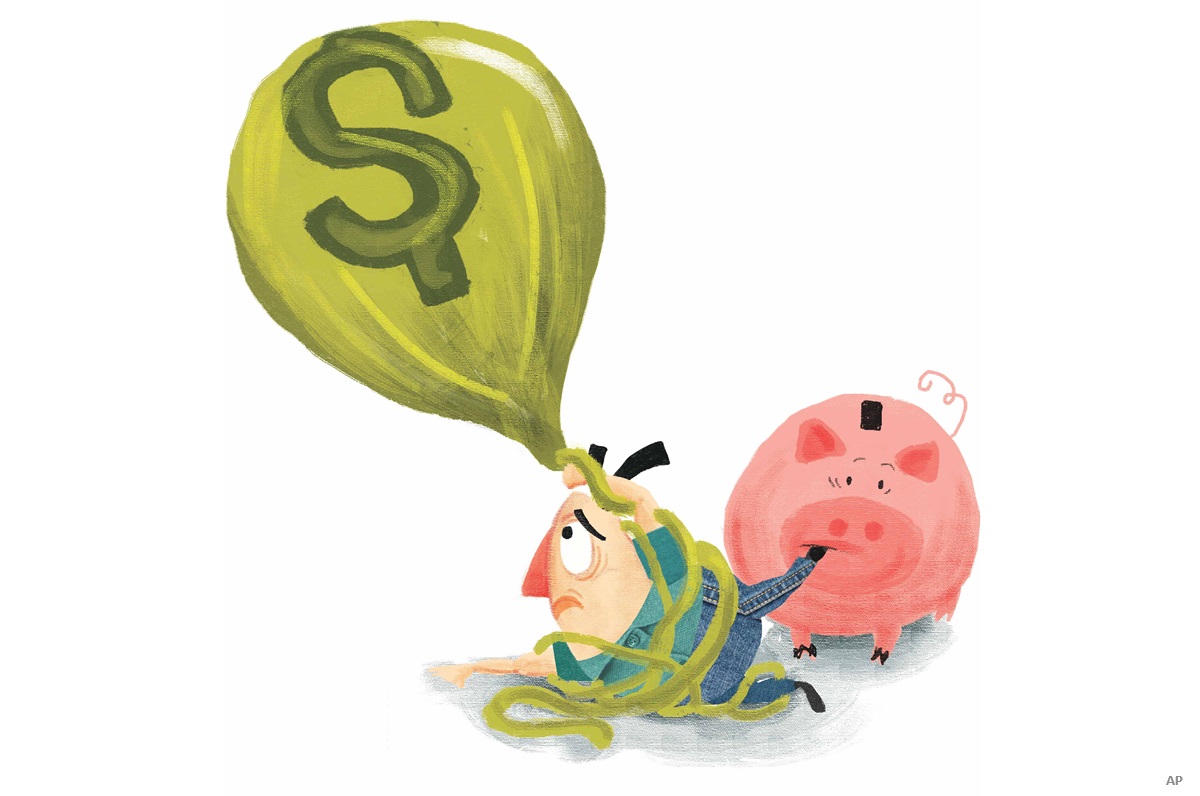Steven Kim, associate portfolio manager at Calgary-based QV Investors Inc, and a member of the team managing NEI Canadian Small Cap Equity RS F, aims to buy the highest quality companies when their shares are trading below intrinsic value, and then hang on for the long-term.
“We seek companies with strong balance sheets and superior cash generation ability,” says Kim, who works with fellow QV team member Ian Cooke on the mandate.
The four-star, gold-rated fund has trounced both its benchmark index, as well as its peers in Morningstar’s Canadian Small/Mid Cap Equity Category during both the short and long-term performance periods.
While the intention is to invest in companies that could be held indefinitely, the fund’s average holding period for a stock is four-to-five years. The $507 million fund currently has 90% of assets in Canadian companies, and the average market capitalization is $2.5 million.
Due to the intended longevity of the relationship with its chosen holdings, the team applies a “laser sharp focus” to identify businesses that can perform well through the entire business cycle, Kim says.
Kim believes the global economy appears to be entering a period of slower growth. With continuing trade conflicts between the U.S. and China, heightened consumer debt levels and rising North American interest rates, it is vital to find companies that can stay healthy in tough times.
“As we look at late stage sentiment and behavior in the market, we focus on enduring business franchises”, Kim says. “If things turn down, we must be confident that the businesses we own can continue to thrive. They must be flexible, and able to grow in bad times as well as good. ”
A key consideration in differentiating top-quality gems from ordinary rock is a low level of corporate debt. Companies with manageable debt are less vulnerable to cost increases posed by rising rates.
The largest sector weightings in the fund are financials and energy, each accounting for more than 20% of fund assets. While the portfolio is concentrated, typically holding between 25 and 40 stocks, it is well diversified with a broad mix of non-corelated businesses.
The focus on non-cyclical companies means the fund has considerably less exposure to the energy and materials sectors than the BMO Small Cap Index, the benchmark against which the team measures performance. The fund’s resource stock exposure is roughly half that of the index, which in turn is weighted almost 50% in resource stocks.
“We are significantly underweight in resource stocks relative to the index, but even within this sector our companies are of higher quality, have close to no debt and have performed well,” says Kim.
Although the fund has a stake in Peyto Exploration & Development Corp (PEY), a successful explorer and producer of natural gas in the Alberta Basin, the team’s primary focus within the resource sector is on service providers that aren’t reliant on strong commodity prices and are more diversified than companies focusing on a single area or product.
For example, a key holding in the energy sector is Parkland Fuel Corp (PKI), an independent distributor of fuel products whose businesses include retail gas stations across Canada. Subsidiaries include several gas station chains including Pioneer, Fas Gas Plus and Ultramar. It also runs commercial fuel distribution operations and is the second-largest convenience store operator in Canada.
The fund also holds Secure Energy Services Inc (SES), a waste management and recycling firm that services the Canadian energy sector, Badger Daylighting Inc (BAD), an environmental services company specializing in non-destructive, hydrovac soil excavation, and Gibson Energy Inc (GEI), a mid-stream oil field servicing company that has been divesting non-core businesses like truck transportation to focus on storage terminals.
As with other funds in the NEI stable the NEI Canadian Small Cap Equity RS Fund employs a sustainable investment philosophy, with the “RS” in its name standing for Responsible Screens that weed out such undesirables as companies that produce tobacco, weapons or nuclear power, as well as others with an inferior environmental, social or corporate governance track record.
Kim seeks companies with managers who are focused on building the business and whose interests are aligned with other investors through a significant ownership stake and compensation that’s tied to performance – what he calls a “good recipe.”
“With small caps, managers are often the builders of the company and entrepreneurial,” Kim says. “They also need to get the right people in the right roles within the organization. We like to see them focused on improving the business during the next three to five years, not just the next quarter.”
One of the largest holdings is Canadian Western Bank (CWB), which has demonstrated healthy growth through all stages of the business cycle, Kim says. The bank has a good record of managing credit risk, and has diversified beyond Canada’s western provinces in recent years.
It holds some consumer-oriented companies including Leon’s Furniture Ltd (LNF), a Canada-wide furniture retailer that opened its first store in 1909, and Aritzia Inc (ATZ ), a Vancouver-based women’s fashion retailer that is seeing strong growth in both in-store and online sales and is expanding in Canada and the U.S.
The fund also holds a significant position in Lassonde Industries Inc (LAS.A), a Canadian agri-food company based in Quebec with operations throughout North America. A recent buy is Element Fleet Management Corp (EFN), one of North America’s largest truck and vehicle leasing companies.
Further diversification is provided by real estate investment trusts, including Cominar REIT (CUF.UN) and Crombie REIT (CRR.UN), which invest in “defensive and diverse” bricks and mortar assets, Kim says, with “company-specific opportunities to grow” and healthy yields.
A recent disposition was Ritchie Brothers Auctioneers Inc (RBA), a global auction services firm specializing in industrial machinery. The stock price had risen to the point where there was valuation risk, Kim says.





















